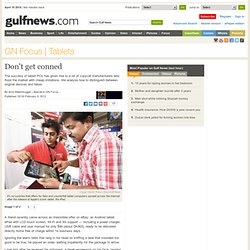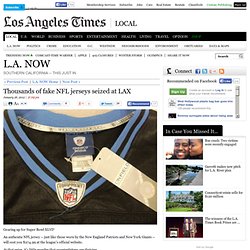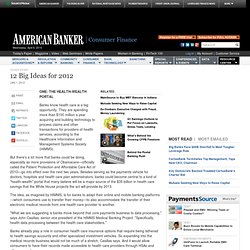

Don't get conned. A friend recently came across an irresistible offer on eBay: an Android tablet ePad with LCD touch screen, Wi-Fi and 3G support — including a power charger, USB cable and user manual for only $99 (about Dh363), ready to be delivered directly home free of charge within 14 business days.

Ignoring the alarm bells that rang in his head on sniffing a deal that sounded too good to be true, he placed an order, waiting impatiently for the package to arrive. I met him after he received his shipment, a bleak expression on his face, tapping spiritlessly on the blurry screen of a bulky black device — his new tablet. It turned out the piece was sent from a vendor in Hong Kong with a post box address. The user manual did not mention the manufacturer's website, and the company's name was written in Chinese letters. To make matters worse, he had overlooked the remark "returns: not accepted" on eBay.
Buyer's guide: How to spot a fake • There is no official receipt: Always ask for a stamped receipt. Thousands of fake NFL jerseys seized at LAX. Gearing up for Super Bowl XLVI?

An authentic NFL jersey -- just like those worn by the New England Patriots and New York Giants -- will cost you $274.99 at the league's official website. At that price, it's little wonder that counterfeiters are thriving. Since the National Football League season began in September, federal agents working at Los Angeles International Airport and Ontario International Airport have intercepted 304 packages containing 10,710 fake NFL jerseys, according to U.S. Customs and Border Protection. Their total value: $847,000. That works out to $79 each. The seizures represent a tiny slice of the problem. Most of the domain names were linked to China. "These fraudsters make easy money by selling popular — and unlicensed— apparel to these loyal fans," the study concluded. Many fans are willing to overlook the telltale signs of a fake: inferior stitching, numbers frayed along their edges or words misspelled on the tags. Police investigate body found near Silver Lake.
The MegaUpload saga: A timeline of events. What is SOPA? - Mike Zapler and Kim Hart. If you think SOPA sounds like Mexican soup and PIPA is the fetching sister of a certain princess, you can be excused for wondering why Wikipedia, Reddit and thousands of other websites are blacking out in protest Wednesday.

But SOPA is the Stop Online Piracy Act, now pending in the House of Representatives, and PIPA – or the Protect IP Act – is a companion bill now pending in the Senate. Continue Reading Hart breaks down SOPA, PIPA And if you want to know why everyone’s so upset, well, here’s why. What’s the big idea? SOPA and PIPA are designed to crack down on websites based offshore that peddle illegal content — think pirated Hollywood blockbusters and fake Viagra. Why’s it such a big deal? What’s happening now on the Web, the bills’ backers say, is nothing short of rampant unpoliced theft of American goods.
That’s the crux of the debate. Who wants the bills to pass? 12 Big Ideas for the Financial Services Industry in 2012 - American Banker Magazine Article. Banks know health care is a big opportunity.

They are spending more than $100 million a year acquiring and building technology to process claims and other transactions for providers of health services, according to the Healthcare Information and Management Systems Society (HIMMS). But there's a lot more that banks could be doing, especially as more provisions of Obamacare—officially called the Patient Protection and Affordable Care Act of 2010—go into effect over the next two years. Besides serving as the payments vehicle for doctors, hospitals and health care plan administrators, banks could become central to a kind of "health-wealth" portal that many believe will be a major source of the $35 billion in health care savings that the White House projects the act will provide by 2013.
"What we are suggesting is banks move beyond that core payments business to data processing," says John Casillas, senior vice president of the HIMMS Medical Banking Project.